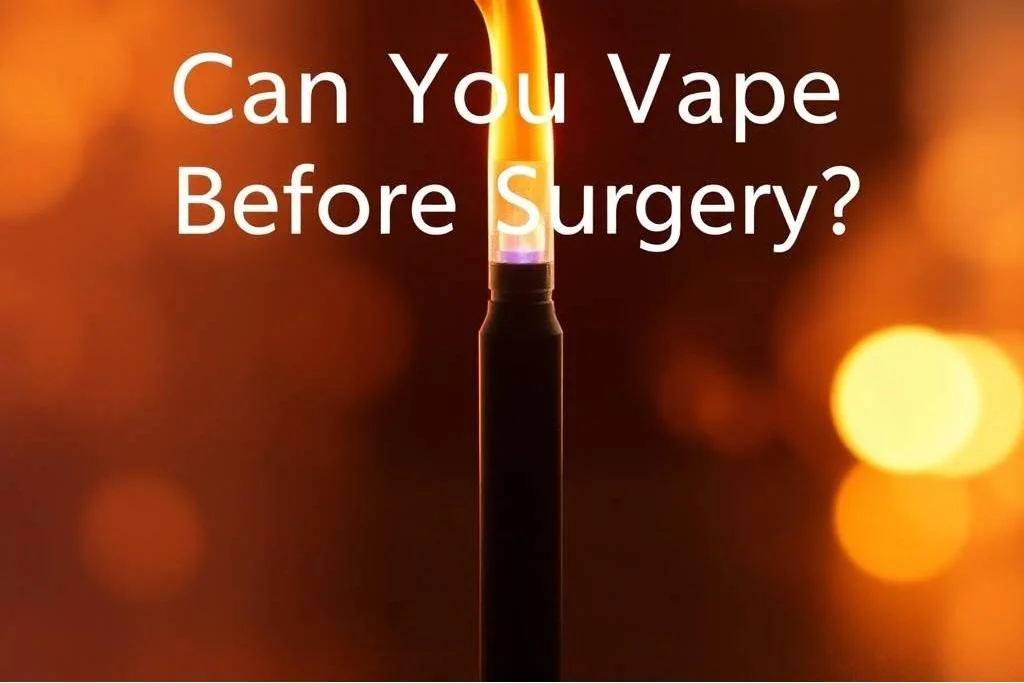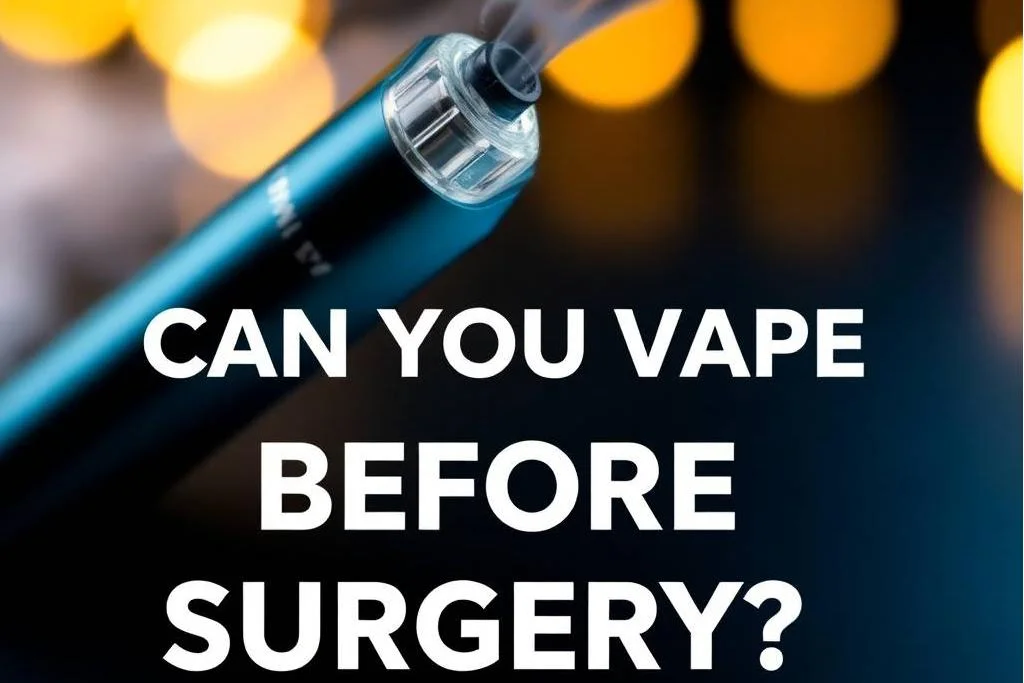Does Walmart Sell Vapes?
Walmart does not sell vapes in its U.S. stores or online. That includes disposable vapes, pod systems, vape pens, e-liquids, and most other electronic nicotine delivery systems (ENDS).
Read More >>WARNING: THIS PRODUCT CONTAINS NICOTINE. NICOTINE IS AN ADDICTIVE CHEMICAL.
When preparing for surgery, doctors usually provide a strict list of preoperative instructions. One of the most common questions patients ask is: can you vape before surgery? While vaping may seem less harmful than traditional smoking, most medical professionals strongly advise against it in the days and weeks leading up to your procedure. This guide explains why vaping before surgery is discouraged, how it affects anesthesia and recovery, and what you should know to ensure the safest possible outcome.
Vaping introduces nicotine and other chemicals into the body, which can have several effects that interfere with surgery:
Because of these factors, most surgeons recommend stopping vaping at least 24–48 hours before surgery, and ideally two to four weeks in advance for maximum benefit.

If you vape in the hours leading up to surgery, you may experience:
In some cases, if a patient vapes or smokes too close to their procedure, surgeons may delay or cancel the operation for safety reasons.

If quitting cold turkey feels challenging, talk to your healthcare provider about alternatives such as:
Your surgical team can recommend safe methods to help you stop without compromising your recovery.
If you’re asking “can you vape before surgery,” the short answer is no. Doctors strongly advise against it because vaping—whether with nicotine or nicotine-free—can restrict blood flow, irritate the lungs, increase anesthesia risks, and slow down healing after the procedure. While quitting two to four weeks before surgery is ideal, even stopping 24–48 hours in advance can improve oxygen levels and recovery. Vaping right before surgery may raise heart rate, complicate anesthesia, and, in some cases, even cause delays or cancellations. For the safest outcome, it’s best to stop vaping ahead of time and only resume if and when your doctor approves.
1. Can you vape the night before surgery?
No. Most doctors recommend avoiding vaping at least 24 hours before surgery. Vaping the night before may increase anesthesia risks and reduce oxygen flow.
2. Can you vape if it’s nicotine-free before surgery?
Even nicotine-free vapes are discouraged. The chemicals and flavorings can still irritate the lungs and complicate anesthesia.
3. How long before surgery should I stop vaping?
Ideally, stop 2–4 weeks before surgery. If that’s not possible, quitting at least 24–48 hours in advance still provides benefits.
4. Will my surgery be canceled if I vape beforehand?
It’s possible. If your surgeon or anesthesiologist believes vaping has increased your risks, they may delay or cancel the procedure for safety.
5. When can I vape again after surgery?
It’s best to avoid vaping until you’re fully healed and cleared by your doctor. Early vaping can slow wound recovery and increase infection risk.